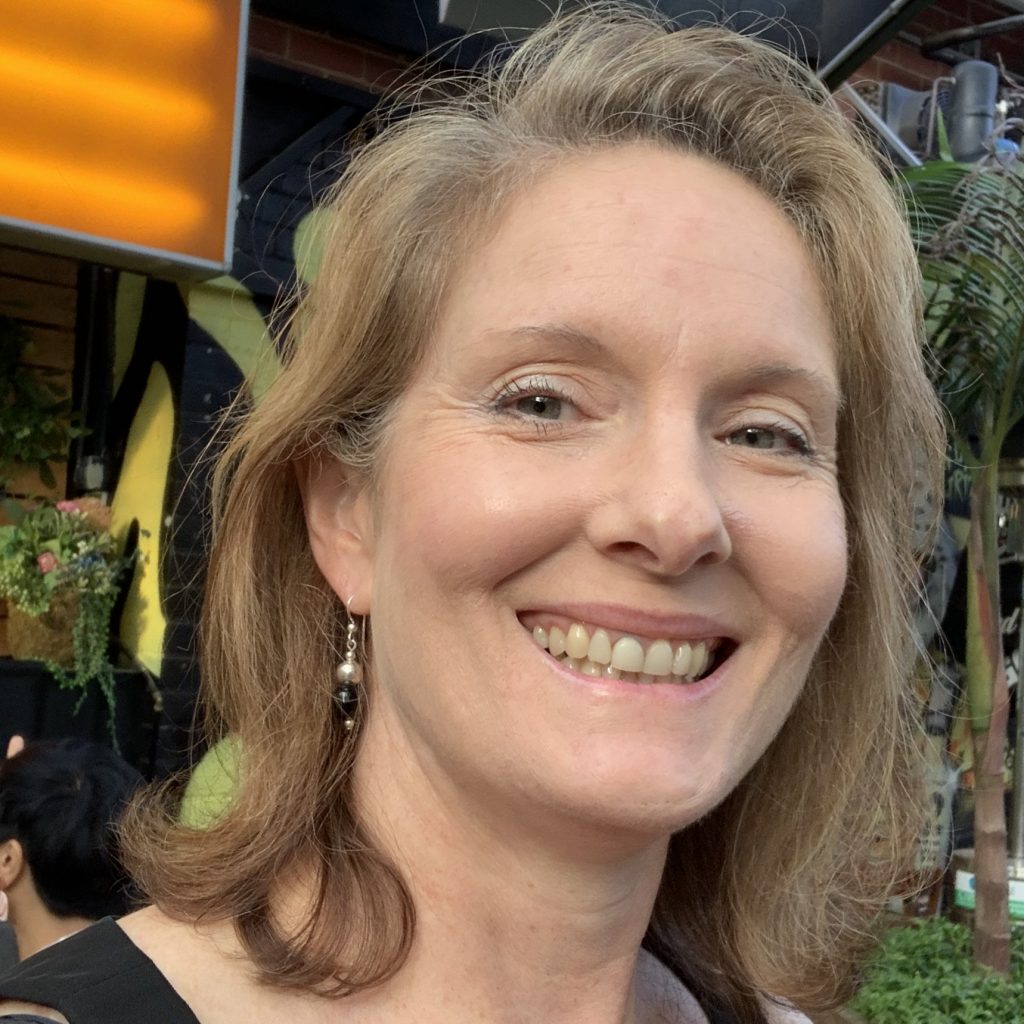What do you think has been the most exciting development in MS research?
The improvements in disease modifying treatments (DMT) for people with relapsing MS. Higher efficacy of some of the newer DMTs for people with very active MS is of huge importance, as is the range of options now available when a medication fails for a person with MS. I also have an interest in medication adherence, which is problematic in all chronic illnesses, including MS. Oral DMTs, while not the entire solution, may help with this for some people, but DMTs with annual dosing schedules, such as cladribine, are also exciting with this respect. I acknowledge all of this with an appreciation that there is still a huge need for advancement in treatments for progressive forms of MS, which unfortunately has been limited.
